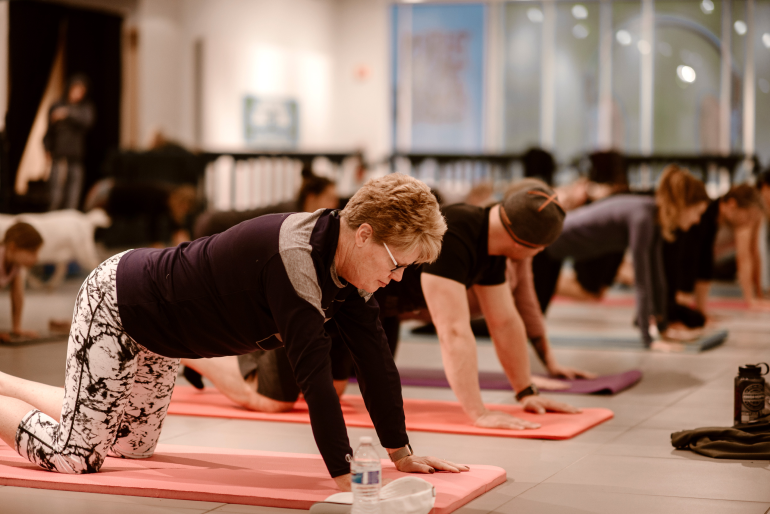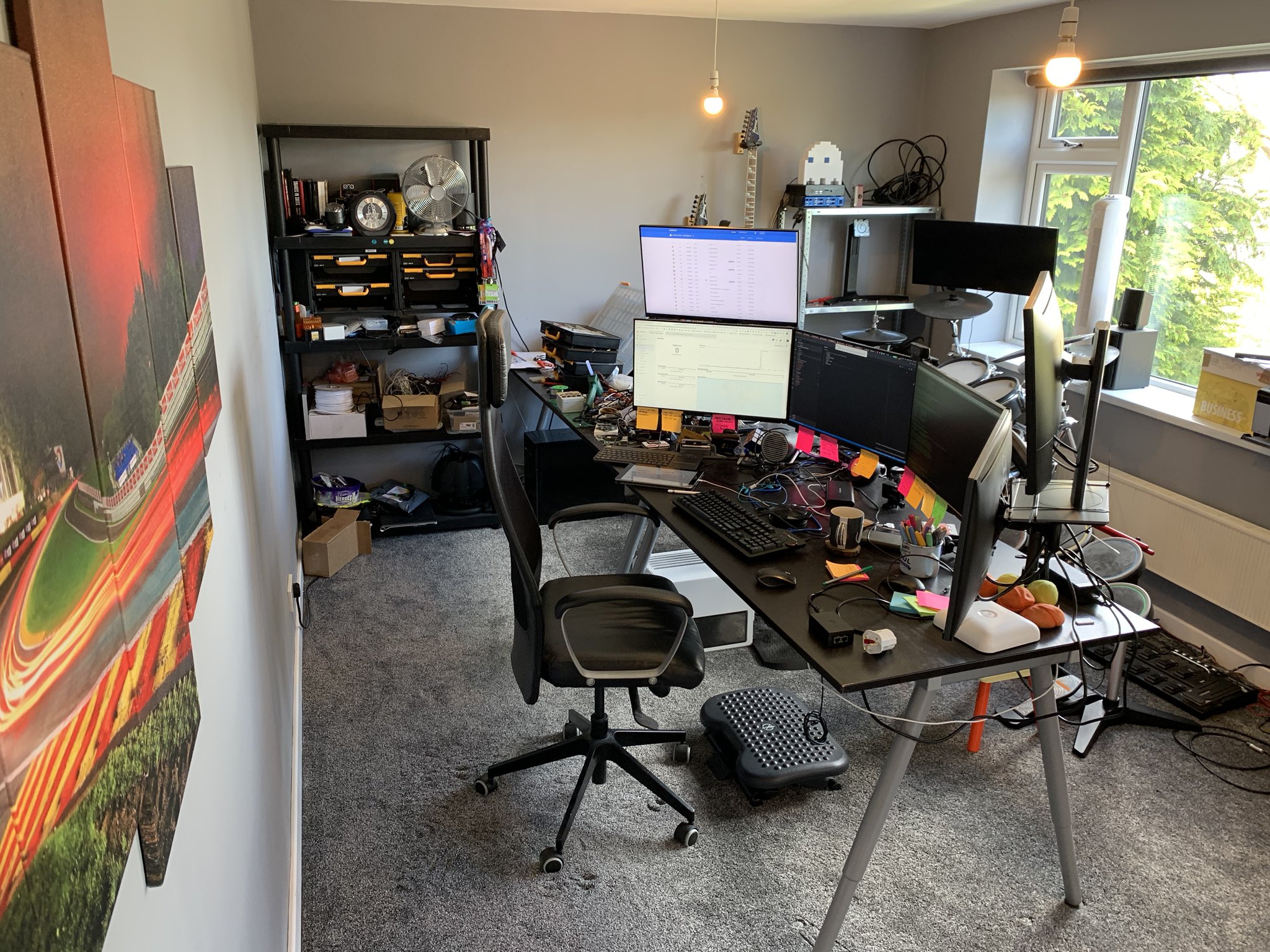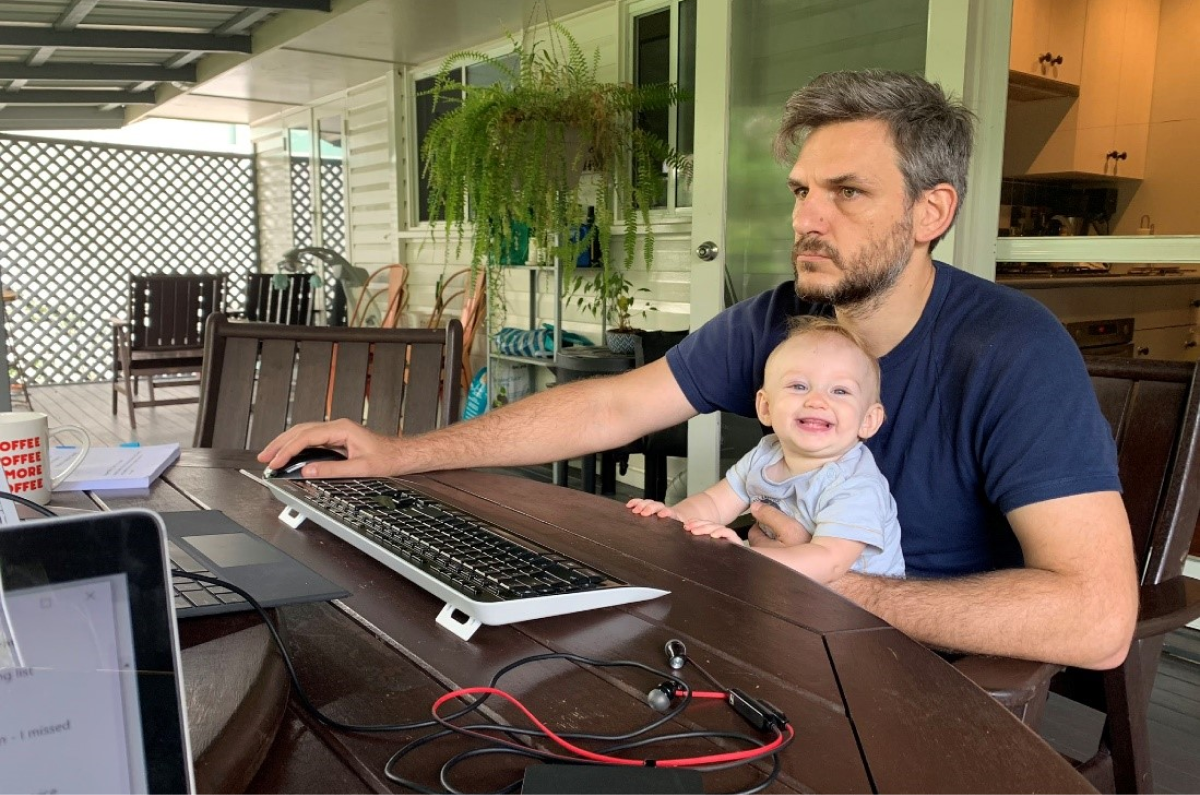10 Perfect Tips for Working from Home for You
With jobs such as selling online, consulting by phone, making crafts, writing, etc; working from home brings more advantages in space and time than working in the office. Especially for any who has kids, working from home is an optimal plan to both take care of their children and earn income. People with full-time jobs outside also need to work from home.
Many office workers work 8 hours a week but are still out of work or need to study a second degree and want to spend time after work or on weekends at home to work more. In the context of the new Coronavirus respiratory infection, the governments all over the world have issued instructions to encourage employees from lots of companies to work from home.
Working from home is great, but anyone who has tried it will know that working from home is extremely difficult. When there is no urgent working environment, no people standing by and look, it is difficult to work in a focused and serious manner. Many people working from home full-time feel unbalanced because they no longer see the boundary between work and personal life, find it easier to “fall back” than others and be left out fun events. Psychological factors are the most difficult points to overcome to work from home. So how to work from home effectively? Here are 10 tips for you to work at home relaxing, focused, and still effective.
#1: Remember to have a plan!
In work productivity improvement documents, planning is often said to list tasks to be done, organized by the time it takes to perform, and deadlines for getting the job done. While all of this is true and necessary, it is not enough to motivate people to work. Many people stop at this very first step because after listing too many tasks, they feel pressured and not knowing where to start. Therefore, I would like to add some points to put this planning into practice.
A to-do list is great whether you’re working from home or at work. But when working from home, you can often confuse work and private. So, a to-do list in order of priority will help you know what you need to do and the tasks you have completed. Just 10 minutes to list before the working day, your work will be much simpler and more effective.
#2: Doing morning exercises
When you are working from home, it’s easier to pamper yourself by waking up later than usual. This relaxed mind will make you lazy and more languid when starting your day. Get up on time, play a calming song and do gentle exercise. Instead of taking 30 minutes – 1 hour to go to the office, we can take advantage of this valuable time to practice yoga or meditation in the room, or jog, cycle, etc.

#3: Internet & phone connection
For most of us, the Internet is the key to getting things done. Whether you are a blogger, entrepreneur, consultant, or any other profession, you need a good and stable Internet connection. Make sure you have a constant connection, enough speed to increase your work productivity. Nothing is worse than not getting done just because you lost your Internet connection again.

Like the Internet, phones are also important for almost every home job. It may not be so important to the development of email and voice messaging services like Skype but having a phone line is still one of the essentials.
To avoid distractions at work, we should put our mobile phones in another room and only use them when we have completed the task that day. Besides, you should also log out of all accounts on any device! Because if you “weakly” surf Facebook, the job will be significantly stagnant there!
#4: Do not sit still
Sitting all day is not good for your health, whether in the office or at home. However, when working from home, you will not communicate with anyone and have little reason to leave the chair. You should get up, walk or exercise, go out for lunch. Sitting too much and being inactive will affect the circulation of blood in the body. It is also the cause of a direct impact on the organs in the body. Therefore, regularly stand up to walk or move during sitting to improve the effects of sitting too much
Sometimes during the day, after about 25 minutes – 1 hour of continuous work, you should get up and go back, do some small gymnastics, drink more water. If you have a window, garden, or balcony, visit outside occasionally to take a breath of air in between working hours.
#5: Keep the same schedule
Not going to the office does not mean you should skip the morning procedures. You get up whenever you want and work whenever you can. Flexibility is a great advantage when you work from home. However, you still need a specific schedule to complete the assigned task as well as a clear demarcation between work and home life. Try to work at a fixed time of day. Get up on time, do all the “procedures” as usual before going to work, dressed in office clothes. It may sound strange, but this tip helps you know there is a whole day of work ahead and feels like you’re really at work.
Working from home requires the same schedule as a regular office job unless you are fully independent. This does not mean that you have to work all day (this is important because you need to take frequent breaks to refresh your mind, body, and emotions), but whatever is irrelevant.
Whether you decide to work four hours in the morning and four in the evening, or in a time block between 10 a.m. to 6 p.m., stick to this pattern. When creating your schedule, think about the constraints in your life as well as the daily routines you need to take care of. Make it clear to everyone around you what your work times are and that you shouldn’t be disturbed with home chores during those hours.

For example, if you already have children, include taking care of your children into your schedule such as avoiding work time at the time of transportation to and from school. Or if you are interested in playing sports or volunteering, arrange a time to complete the work before or after these activities.
After setting up your schedule, share it with your colleagues. This way, they will know when you have time to meet or the time you spend on personal matters. This is also a good idea to make sure your friends and family understand your schedule and respect it. Set your boundaries and expectations by letting them know that working from home doesn’t mean you’re always free.
#6: Let the work activate your brain
When you work in the office, the routine of preparing and walking helps your brain form readiness for the day. When you work remotely, you can start your day in the usual ways like exercising, reading the news or drinking coffee.
A workspace is also an important key. If you can sit down and work effectively anywhere, that’s great. If you need more space, setting up a fixed place – whether it’s a separate room, a full desk or just a part of a kitchen table – can help your brain identify where. You work efficiently and without distraction.
About distraction: This is one of the biggest challenges in working from home. To keep your brain in good shape, avoid unrelated things during your workday. For example, set aside a separate time for laundry instead of tackling laundry while completing a business presentation.
#7: Get dressed as you would for work
Just working from home means you don’t need to wear that annoying suit every day. But wearing pajamas at work can reduce your productivity. Pajamas are for sleeping and entertaining – not for work. So try changing a different outfit when working from home. You’ll find yourself doing more.
This preparation is also a way to separate work life and personal life. When you wear formal clothes, you know you will have to get to work; When you change into “work” clothes, you know it’s time to rest. In addition, being well-d ressed (though casual) encourages you to be more active, to breathe more outside air during breaks; or if there is an urgent need to go out, you are also completely ready and proactive.
#8: Schedule good sleep-break-time
If you spend 100% of your time at home, I bet there will be a time when you are staid and want to go crazy. But with this epidemic situation, this seems impossible. However, if possible, take a stroll around the house when you have time. Sitting in one spot all day is easy but quite harmful to your health. Sitting at a computer screen all day also makes you tired.
Contrary to popular belief, working from home is an opportunity to sleep, rest, play leisurely, and work from home (if done in a positive, effective way). Working from home consume a lot of energy, even more than when working in an office because the workspace is narrower and the working time is usually longer.
- Many people prefer or necessarily need a midday nap to wake up in the afternoon. If you belong to this group, you should take a nap but set the alarm clock to only take a nap for about 15-20 minutes. Because, after this time, the body will often be more tired and sleep at night is not guaranteed. Instead of taking a nap, you can do other things like going for a walk outdoors, doing yoga, listening to music … to relax in the middle of the day.
- Working at home for a long time can easily lead to two problems in eating and drinking: often skip meals, being engrossed to forget to eat, leading to exhaustion; or overeating or miscellaneous snacks indoors, resulting in uncontrolled weight gain. To limit these two issues, you should have a reasonable eating plan – it’s best to include 3 main meals in your routine.

In addition, if you prefer snacking during work hours but do not want to gain weight, you should only keep healthy foods in your home and split portions to know where to eat. Besides, do not eat lunch too full because the body will consume more energy to digest the food, it is difficult to focus 100% on afternoon work.
#9: Know how to arrange your space
Boundaries are important when working from home, to help you both get the job done and make sure it doesn’t affect your own life. You should have a separate working corner at home instead of working in the kitchen or living room. Keep your room closed until you finish your day’s work. To overcome environmental issues, you need to create a separate workspace.
When working from home, you are free to decorate your desk as you like. A neat, clean, and full-sized workspace will make it easier to focus on your work. Also, you can buy some fresh flowers or trees, burn a few scented candles, display some inspiring items to stimulate creativity. If you’re not a consistent person, it’s best to keep distractions away from your desk, like your favorite book or mobile phone. The only rule you need to make sure your work area is bright enough. Low-intensity yellow light can create a feeling of drowsiness. Placing a desk near a window and taking advantage of sunlight is an ideal choice.
#10: Stay in touch with the people you work with
If working in a team, make sure to communicate as often as you are at the office. You should organize scientific work, share completed tasks with your supervisor/boss so they know you’re still working seriously. You can use popular applications like FaceTime, Skype to video conferencing.
Working from home does not mean separating yourself from society. You can still build and develop online relationships, make friends, post your current status on social networks, communicate, exchange information with colleagues, friends and of course indispensable. meeting face to face. You will not feel lonely, at the same time be updated with knowledge about the work, receive ideas, useful tips.
The Bottom Lines
As written, each person, depending on the conditions, personality and circumstances will have their methods of working from home. Working from home is an effective way to practice independence, discipline, the ability to motivate oneself to take action to your big goals. Working from home will also give you a different perspective on yourself and your living space.
You May Also Like:









